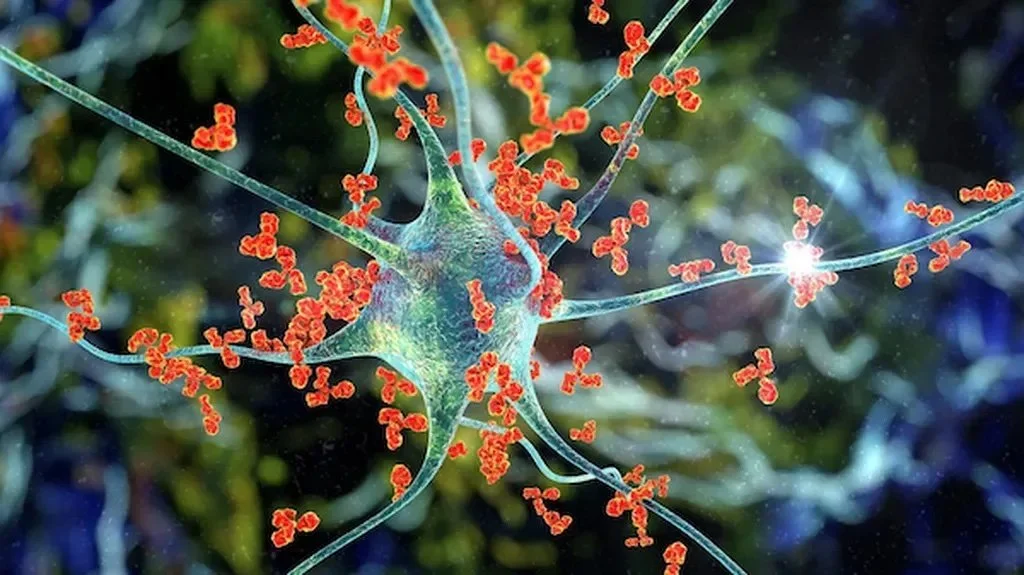Autoimmune Disease
Approximately 8% of the U.S. population is living with an autoimmune disease, and nearly 80% of those with an autoimmune disease are women, according to the NIH.
For many, it takes years, a great amount of money, and various doctors and tests before they are given a diagnosis or any relief of symptoms. Like chronic disease, a more whole-body integrative approach is most often where patients begin to see improvement.
What is Autoimmunity?
Autoimmunity refers to a condition where the immune system mistakenly attacks the body's own tissues, thinking they’re foreign invaders. In autoimmune disorders, this ability is lost, causing your immune system to attack your body’s tissues, leading to inflammation and damage.
What Causes Autoimmune Disorders?
A combination of the following factors causes autoimmune disorders:
Genetic predisposition - Genetics plays a significant role, as specific gene variants can increase susceptibility.
Environmental factors - Environmental triggers such as infections, exposure to certain chemicals, and even dietary factors can also contribute.
In addition, hormonal changes, stress, and gut microbiome imbalances have been linked to the development and exacerbation of autoimmune conditions.
Common Symptoms of Autoimmunity
Common symptoms of autoimmunity vary depending on the specific disorder but often include:
Chronic fatigue
Joint pain and swelling
Muscle aches
Skin problems such as rashes
Recurring fever
Swollen glands
Digestive issues
Difficulty concentrating
Many autoimmune conditions cause flare-ups where symptoms worsen intermittently. For example, multiple sclerosis can lead to muscle weakness and coordination issues, while lupus might cause kidney problems and light sensitivity. Symptoms often overlap, making a diagnosis challenging without a comprehensive medical evaluation.
Autoimmunity Treatments
To treat autoimmune disorders, your provider might recommend and prescribe medications, which can suppress your immune system, reduce inflammation, and manage your symptoms. Common treatments include corticosteroids, immunosuppressants, and biologics.
Supporting Your Autoimmunity
We focus on your neurologic health to support autoimmunity. Maintaining optimal brain and nervous system function can help regulate immune responses.
Proper neurological function reduces inflammation, manages stress, and promotes overall immune system balance, eliminating the severity and progression of autoimmune disorders.
You can also support your autoimmunity and overall health by adopting the following strategies:
Healthy diet
Regular exercise
Stress management
Adequate sleep
Gut health
Avoid triggers


